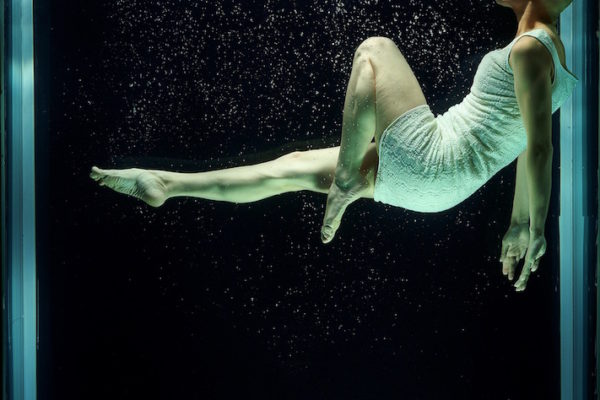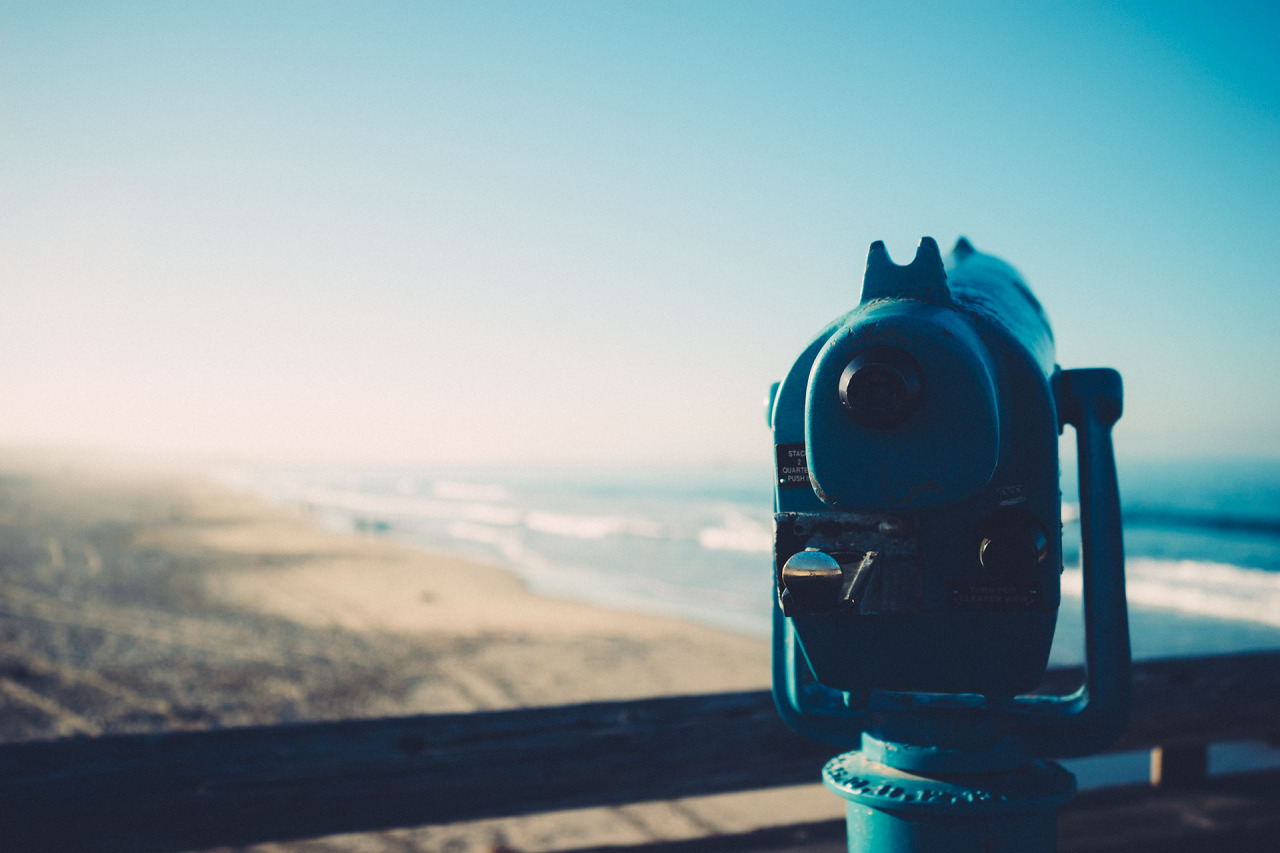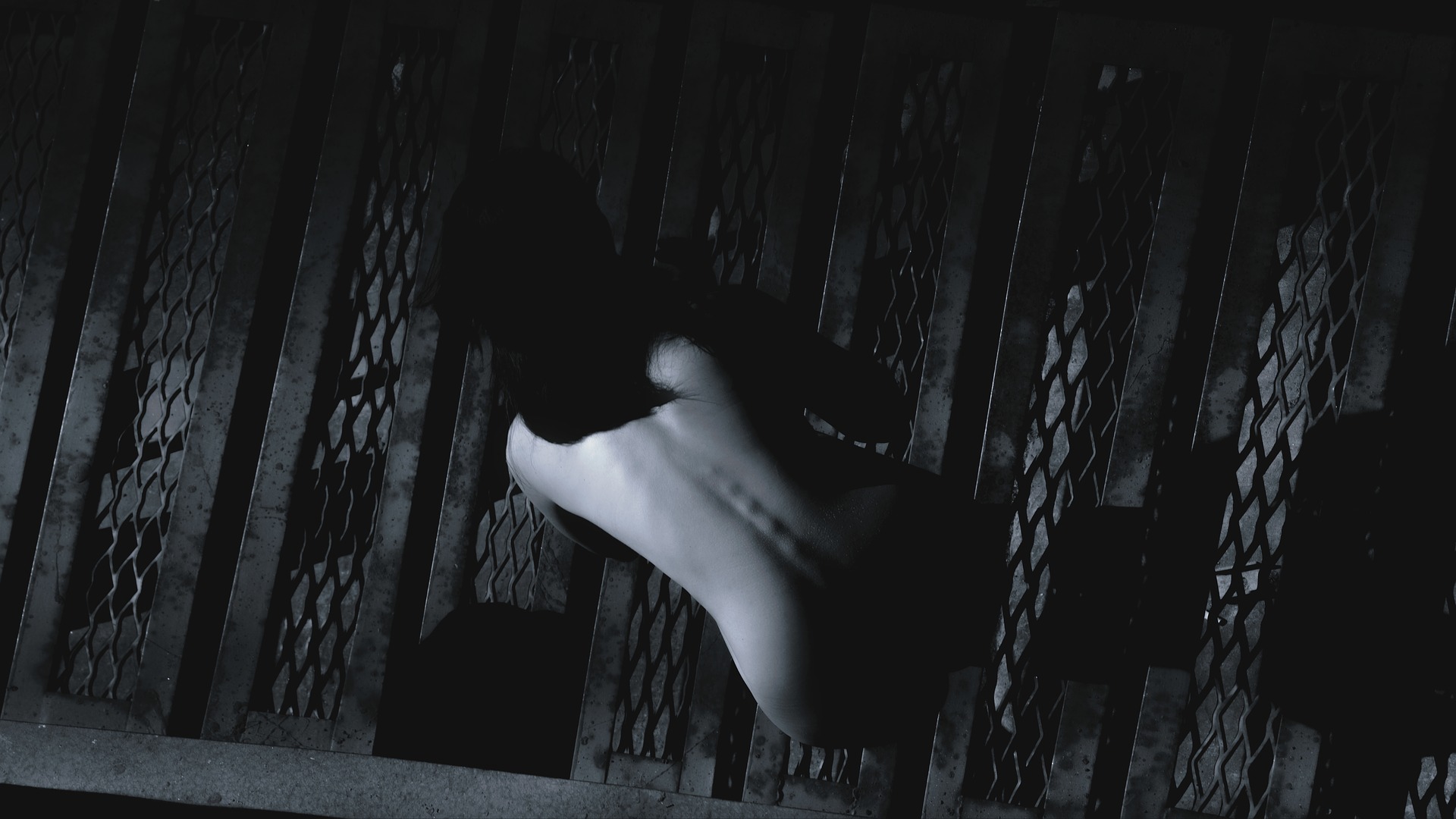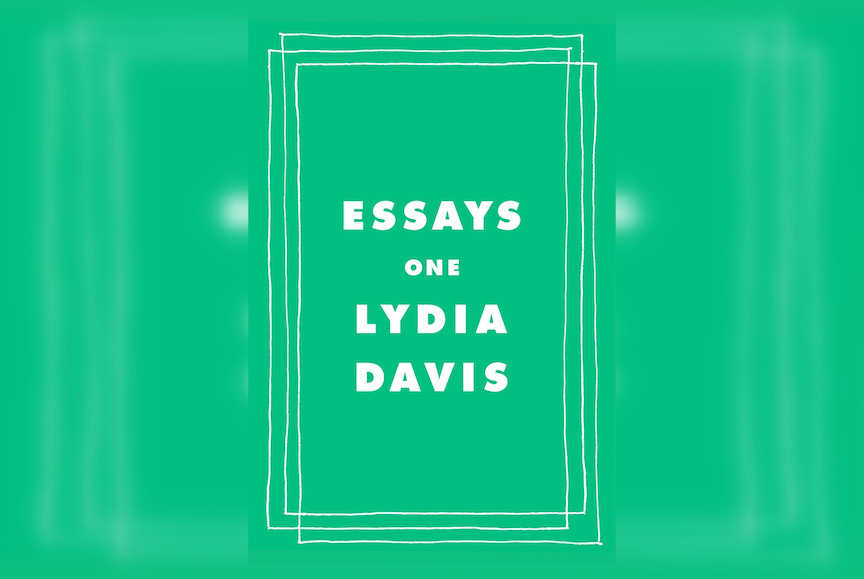“The sea is not a question of power I have to learn alone” —Adrienne Rich, “Diving into the Wreck”
On the playground, we draw lines in the sand with sticks. There is us and there is them. There is safe on base, or unsafe—free or jailed or waiting on the sidelines for a turn. We make up our own zones and rules, our own teams, dividing and conquering. And then someone, usually the tallest freckled boy in a baseball cap, the one who shouts the loudest, picks up a rubber red kickball, still new smelling from the factory, leans down to say: “Mine,” his eyes beneath the shade of his arched lid, “Not yours.”
The word zone is defined as a stretch of land having a particular purpose, use, or restriction; a divide; a girdle worn around a woman’s stomach, or to describe an area of the sea, approximating which parts belong to whom.
Alfred Thayer Mahan, naval strategist—naval coming from the Latin navis, ship, not to be confused with navel, the knotty depression in the center of a person’s belly—wrote of sea power, or the concept that the more naval power a country has, the more power it will hold worldwide. He wrote of conditions necessary for a nation to have good sea power: “advantageous geographical position, abundant natural resources/favorable climate, a population large enough to defend its territory, and a government with the influence and inclination to dominate the sea.”
So what of water, women’s water, the womb? These seas under siege now, under attempt of being conquered, controlled. What of the salt and brine that breeds a pearl? Of course they would want that too.
*
The specs of a womb are particularly non-threatening. It is shaped like a pear and can expand in size, growing to carry a fetus or embryo which can grow into an eight-pound baby. It weighs about 100 to 200 grams which, on the high end, translates to the weight of forty nickels, one cup of white sugar, or three C-cell batteries. It is essentially an empty space which can carry, and a space that no other person can enter.
Hysterically, thanks to Plato’s dialogue Timaeus, the uterus was previously believed to be a living creature, wandering and roaming the woman’s body. Medical doctors around the world took notes on pads of paper: Thinking too much? Worried and depressed? Ah! It must be your uterus. It’s wandering up your body again! Please, go rest. Lock yourself away so it doesn’t escape. This “wandering womb” was said to afflict women with various ailments—sore throat, malaise, or hysteria, coming from the Greek cognate of uterus, hystera.
Female hysteria was a common diagnosis for women up until the late 19th century. For women who displayed “faintness, nervousness, insomnia, loss of appetite for sex,” and a “tendency to cause trouble.” Maybe you’ve read Charlotte Perkins Gilman’s The Yellow Wallpaper first published in 1892, where the unnamed female protagonist is sequestered to an upstairs nursery by her physician-husband for her “temporary nervous depression—a slight hysterical tendency.” The windows of her room barred, like she is a child they fear will escape, the top of the stairs are gated, as if she were a pet, or an infant crawling on the ground. Fascinated with the yellow wallpaper in her state of under stimulation, she develops psychosis like a self-fulfilling prophecy. I imagine her husband unlocking the door, pointing to her derangement, speaking to his leering colleagues: See? Now what did I tell you?
I see, now, the benefits of such manipulations, such prescribed sequestering. I see how these zoning practices, these designations, permits, and parceling of parts, of bodies, are nothing new. I understand, now, what Luiza Bialasiewicz, Italian political geographer, means when she says that “the politics of the womb, that is, the strategy of exporting human beings and reproducing in abundance, has always been the most direct means of taking control of a territory, of dominating a country, of substituting a people or subjugating it.”
I understand now how there have always been strategies for controlling the womb based on the simple idea that more bodies equal more power. And now, I find it so clear how my body, at 4’11 and one hundred and twelve pounds, is a threat. How my physical space, how I move in a room, across a country, or how this withholding—of my womb, my possible children, my body’s inherent power to create more—could be detrimental to a nation because these bodies, this ammo, can only come from one place.
*
In 1969, a twenty-one-year-old woman became pregnant for the third time in Dallas, Texas. She had never raised her babies before; her mother took the first one, the second was given up for adoption, and she didn’t want to keep, or perhaps couldn’t keep her third one either.
This was after her stint at the Catholic boarding school, after she robbed a gas station at the age of ten with a friend, after growing up with her mother who drank until she couldn’t see straight, pouring glass after glass. This was after she met Woody at sixteen at the restaurant where she worked, and after he beat her black and blue.
She became “Jane Roe,” her legal pseudonym, and filed a lawsuit against the state of Texas, believing that its law criminalizing abortions breached her constitutional rights, her case becoming infamous, known in suburban households, in schoolroom textbooks, as Roe vs. Wade.
It was during this time when Texas law banned all abortions, save those necessary to keep the mother, alive. Though Roe didn’t think her life was in danger, she also knew that she could not afford to travel out of state, to drive the miles in a car she didn’t have, to cross the borderlines in order to end a pregnancy she never wanted in the first place.
She argued that she had a born right from the Constitution to end her pregnancy in a “safe, medical environment,” that she shouldn’t have to go out of state, to sell her little belongings in order to do it.
Her two young attorneys volleyed and quipped on her behalf, challenging the Texas state law that prohibited abortions, arguing with Henry Wade, Dallas County Attorney. Meanwhile, her water broke.
*
The household board game Battleship originated from a pencil and paper game played during the First World War before it evolved into the plastic version stamped out by Milton Bradley today.
Like true naval strategy, the purpose is to destroy the opposing player’s ships, sinking them by guessing the letter/number combinations where the ships stand on the board. In one of Milton Bradley’s first box designs, a young boy plays against his father shouting the combination “G-4” to which his father replies, “It’s a hit!” On the box, his mother washes dishes. His sister dries them, looking on, smiling.
Like the game, the U.S. depends on its soldiers to send to battle, to protect our ships, and to take down our enemies with Mark 48 torpedoes. It does not underestimate its ability to use its resources to their fullest potentials—to begin the training of young boys as combat soldiers, as naval strategists; of young girls as housekeepers, homemakers, but more subtly, as manufacturers of another kind, convincing us that to breed, to make life, is all we’ve ever wanted.
“Be fruitful and multiply,” says Genesis 1:28.
But I don’t want to be weapon, a tool, or a medium. I want to exist simply to live and breathe and walk down the street without an uproar. I want to be unfarmed, free of a baby at my breast. I want to exist without the weight of bearing another. Does that make me selfish then? For only taking? For biting into lush blackberries, receiving my freedom, the fruit staining my lips?
“Like arrows in the hands of a warrior, our sons born in one’s youth. Blessed is the man whose quiver is full of them,” says Psalm 127:4.
Blessed is the man, but then what of the woman?
*
During senior year of high school, A.P. Literature, we read The Awakening. My classmates cringed, complaining about the book’s protagonist Edna Pontellier. What a whiner, what a drag, they said. But I liked Edna. She liked to paint and swim and didn’t care if she got sunburned, unlike the other Victorian women who shielded their fair skin, their precious porcelain under paper umbrellas.
I did wince when reading about her children hanging madly from her legs, weighing her down as she tried to walk. I was happy for her when she moved out of the house to her own apartment where she could do anything she wanted, where she didn’t have to wait by the telephone in the parlor, or for her husband to come home.
One day, she purposefully swam so far out into the ocean that she drowned. My classmates wrote in their papers that she failed in the end, that she took the easy way out, stripping her clothes at the edge of the water, the languid sea calling, warm on her limbs as she waded in. But I argued that she won, even in death, because her death was a choice all her own, the Gulf of Mexico wrapping its arms around her, the water and bright sunlight the only consolable company she could ask for.
*
I try to put myself in the mindset of the politicians, the men who say they want to save the lives of future babies and mothers alike. I try to understand their logic, whether it’s explicit geopolitical strategy, a motivation tied to some interrelated bribe, or if it’s their good godly belief that no such sin should grace their state. I’d like to ask them, though, if they are ever fearful of losing control, of a group of strangers planting flags, laying claim, or holding their bodies hostage under water, but I know it can’t be this. Or perhaps, it is exactly this.
Annalise Mabe is a writer from Tampa, Florida. Her nonfiction, poetry, and comics have appeared in Brevity, New Delta Review, The Offing, The Rumpus, Booth, Word Riot, Hobart, and more. She was a finalist for the december Curt Johnson Prose Award judged by Eula Biss, and currently serves as a nonfiction editor for Sweet: A Literary Confection.




